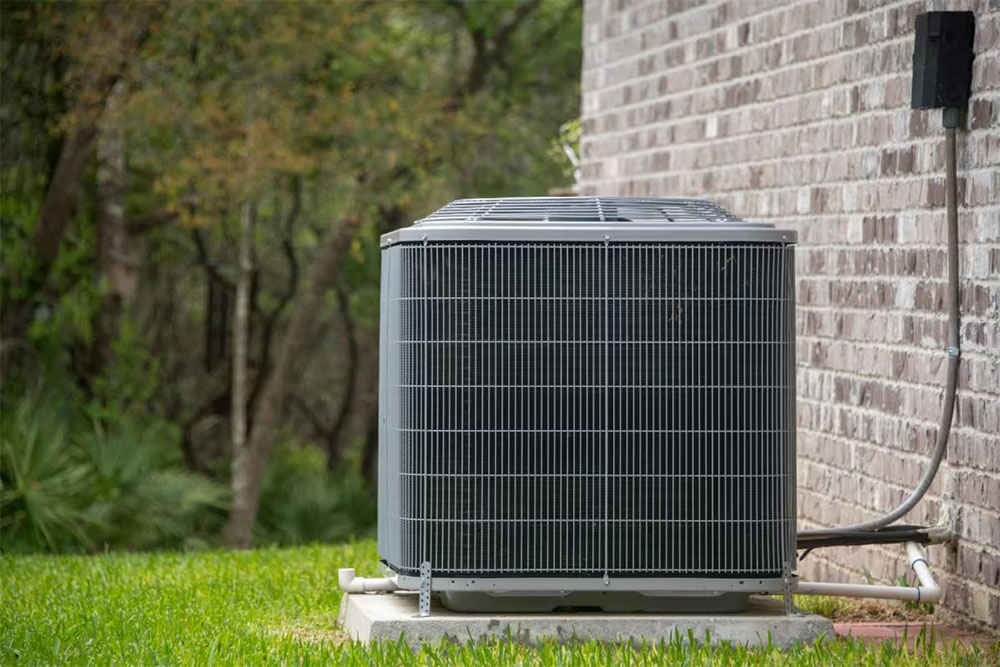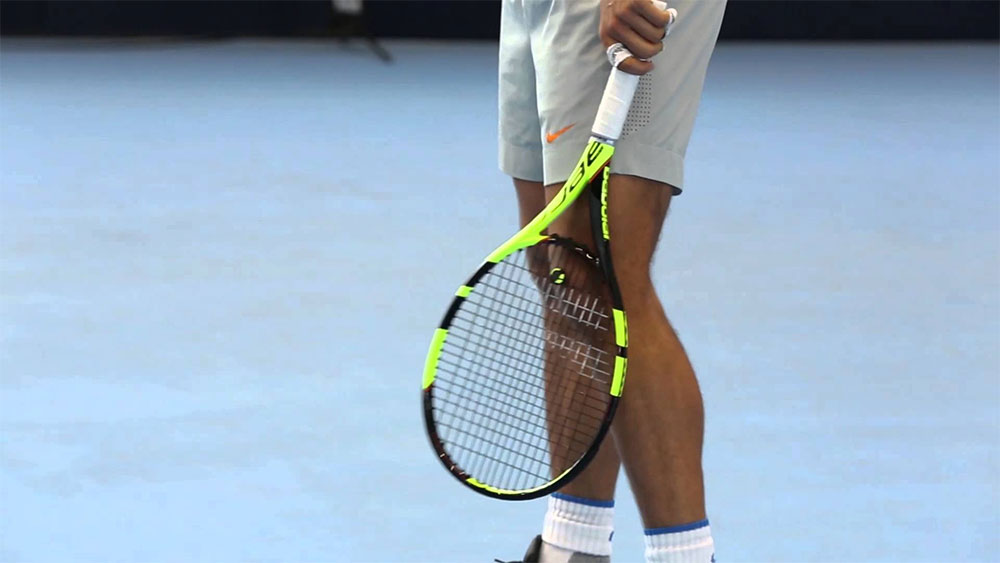When the sweltering summer heat arrives, the comfort of a cool home becomes a top priority. Modern air conditioning (AC) systems have evolved significantly, offering various options tailored to fit different needs, preferences, and budgets. This guide will help you understand the essentials of air conditioning for homes, from selecting the right system to maintenance and the specific nuances of AC installation in Chicago suburbs.
Types of Air Conditioning Systems
- Central Air Conditioning
- Description: Central air conditioning systems circulate cool air through a system of supply and return ducts.
- Pros: Efficient for cooling entire homes, quieter indoor operation, and better air quality with proper filters.
- Cons: Higher initial cost and requires ductwork.
- Ductless Mini-Split Systems
- Description: These systems consist of an outdoor unit and one or more indoor units, without the need for ductwork.
- Pros: Flexible installation, energy-efficient, and ideal for homes without existing ductwork.
- Cons: Higher upfront cost per unit and visible indoor units.
- Window Units
- Description: Window units are installed in windows and are suitable for cooling single rooms.
- Pros: Affordable and easy to install.
- Cons: Noisy operation and less efficient for cooling large spaces.
- Portable Air Conditioners
- Description: These units can be moved from room to room and require a vent to the outside.
- Pros: Portability and no permanent installation required.
- Cons: Less efficient and can be noisy.
Factors to Consider When Choosing an AC System
- Size and Capacity
- Ensure the AC system is appropriately sized for your home. An oversized unit can be inefficient and an undersized unit will struggle to cool your home.
- Energy Efficiency
- Look for units with high Seasonal Energy Efficiency Ratios (SEER) ratings. Higher SEER ratings mean better energy efficiency and lower electricity bills.
- Installation and Maintenance Costs
- Consider both the initial installation costs and the long-term maintenance costs. Regular maintenance is crucial to ensure the system runs efficiently and lasts longer.
- Climate
- Your local climate plays a significant role in determining the most suitable type of AC system. For instance, humid climates might benefit from systems with dehumidifying capabilities.
- Home Layout
- The layout and design of your home can influence the type of AC system that will work best. Open floor plans might benefit more from central air conditioning, while multi-story homes might require zoning systems for optimal comfort.
AC Installation in Chicago Suburbs
The process of AC installation in Chicago suburbs involves several key steps to ensure your system is set up for optimal performance. It’s essential to work with a professional HVAC contractor who understands the local building codes and climate considerations. Here are some specific aspects to consider:
- Local Climate: Chicago’s climate can be quite variable, with hot, humid summers and cold winters. An efficient AC system should be able to handle these extremes.
- Energy Codes: Ensure your new AC installation complies with local energy codes and regulations, which can impact efficiency and performance.
- Professional Installation: Hiring a certified HVAC professional guarantees that your system will be correctly installed, minimizing the risk of future issues and maximizing efficiency.
Maintenance and AC Replacement
Regular maintenance is crucial to keep your AC system running efficiently. This includes cleaning or replacing filters, checking refrigerant levels, and inspecting the system for any signs of wear or damage. Most systems require annual maintenance to ensure optimal performance.
However, there comes a time when AC replacement becomes necessary. Indicators that it might be time to replace your AC system include:
- Age: Most AC systems last between 10 to 15 years. If your system is nearing the end of its lifespan, it might be more cost-effective to replace it.
- Frequent Repairs: If you find yourself frequently calling for repairs, it may be time for a replacement.
- Inefficiency: Older systems tend to be less energy-efficient, resulting in higher utility bills.
- Inconsistent Cooling: If certain areas of your home are not cooling properly, it could indicate that your system is no longer up to the task.
Choosing the right time for an AC replacement can save you money in the long run, both in terms of energy efficiency and reduced repair costs. If you are interested in these services, we recommend contacting the company Hot Cold Air.
Conclusion
An efficient air conditioning system is vital for maintaining a comfortable home environment, especially during the hot summer months. Whether you’re considering a new installation in the Chicago suburbs or contemplating an AC replacement, understanding the different types of systems and their maintenance needs will help you make an informed decision. Always consult with a professional to ensure you choose the right system for your home’s specific needs and to guarantee a proper installation. With the right AC system in place, you can enjoy a cool, comfortable home all summer long.




